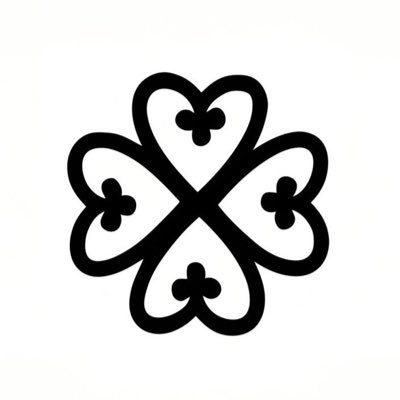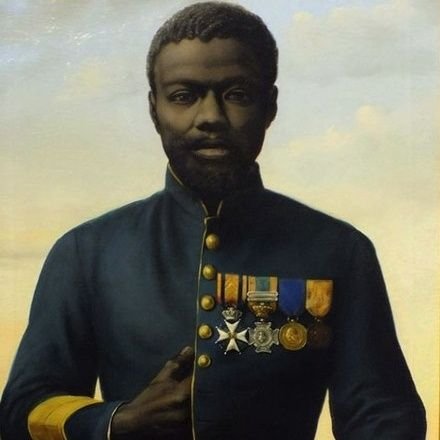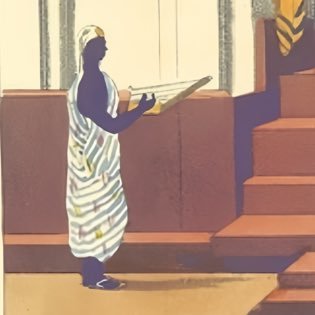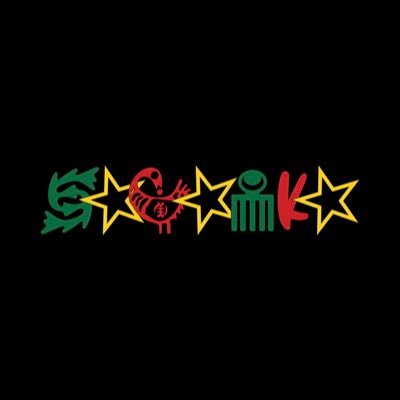
Awurade Kasa
@AkanAxis
Followers
254
Following
325
Media
15
Statuses
82
Truth teller, Historian, Neo Akanist
Akania — Akanis
Joined October 2024
RT @AkanArchives: Very Important information! Before the Denkyira Sasatia blade, the Abankumdwa, & the Asante Golden Stool, most Akan peopl….
0
9
0
The clans dispersed due to power struggles after Awurade Basa’s death, rivalry over trade, resources, and recurring wars. Prior to this, Adansemanso stood as a powerful center, uniting the clans under the authority of the Afenakwa sword and the shared worship of the deity Bona.
@AkanAxis Is there an explanation for why they fragmented and didn't stick together?.
1
5
18
Yes, the Akan have many stories of our ancestors ‘emerging from holes in the ground.’ It’s a metaphor for living in ancient rock shelters and later claiming those emergence sites as ancestral homelands. The clans fragmenting is a different story (1/2).
@AkanAxis Is there a collective origin myth on what distinguishes the akan from their neighbors? And if so is there a myth that explains how the different clans fragmented? Thanks.
1
0
9
RT @Phillip05166897: The original assertion was dumb anyway, why would European colonials live in vernacular architecture and not their own….
0
10
0
Per @grok, the Akan-Sahel gold trading network dates to the 13th–14th century.
@MeloCheick @AkanAxis Historical records show Mansa Musa's wealth (1312-1337) came mainly from Mali-controlled mines like Bambuk and Bure. Akan gold trade with Sahel began around the 13th-14th centuries via intermediaries, but it was secondary and not the backbone of his empire's riches or 1324.
1
0
0
Per OP’s screenshot, the Akan–Sahel gold trading network dates to as early as the 14th century. However, this does not mean all of Mansa Musa’s caravans carried Akan gold, nor does it imply the Mali Empire depended on it.
This dependence continued during the Songhai Empire until its fall to the Moroccans. The Akan then turned toward the coast with the arrival of the Europeans at the same time , and undeniably became the masters of gold in West Africa to this day.
1
1
5
Before 1482, Akan gold reached Mali indirectly through Wangara middlemen, traded for goods from the Sahel and North Africa. The Portuguese arrival on the coast disrupted this system, shifting the Akan gold trade southwards to Elmina and the Atlantic.
@GeneralPorcupin This is a lie and lack of information . The principal gold mines from the Mali empire were Bure and Bambouk, still today Mali is second in gold production in Africa . The Lobi people are also not Akan and neither is the lobi goldfields
1
10
46
RT @eben_offen: In Akan culture, your mother’s sister is called Maame Ketewaa (Aunty). Her brother is not referred to as Papa Ketewaa, but….
0
17
0
This is so absurd because the individuals who pioneered this method were Ghanaian researchers. Specifically, Kwaku Effah Gyamfi, James Anquandah, J. Boachie-Ansah, & others.
@AkanArchives Isn’t it also Europeans who’ve ‘connected’ the recent archeological findings to Akan material culture , which you choose to believe 🤔… why believe todays Europeans over yesterdays.
1
0
0
Similar to the Golden Stool, the Afenakwa was the sword the Adansehene used to unify Adanse into a centralized power during times of war. Afena – sword.Ɔkofena – war sword .Ɔkrafena – soul sword . Each serving a different purpose.
@AkanArchives The name is Afenakwa and not Akofena…just trying to educate here. Why will we have two separate names for the same thing?.
1
6
26


















